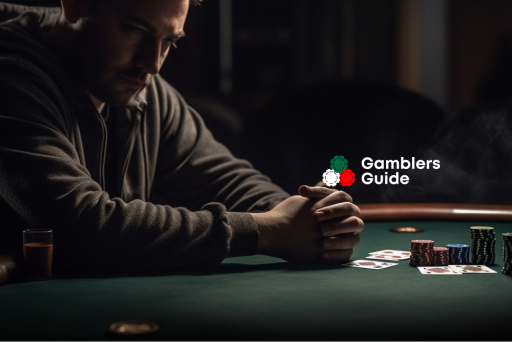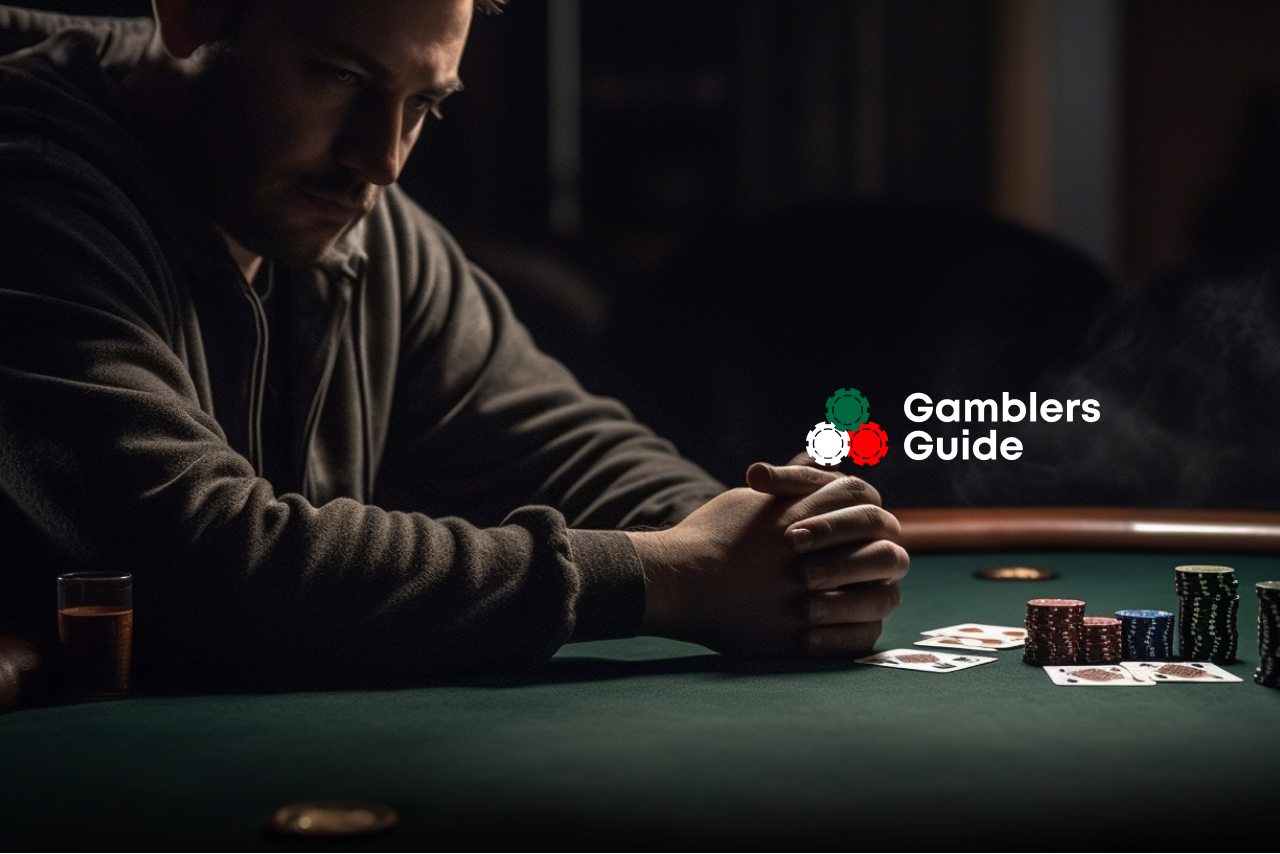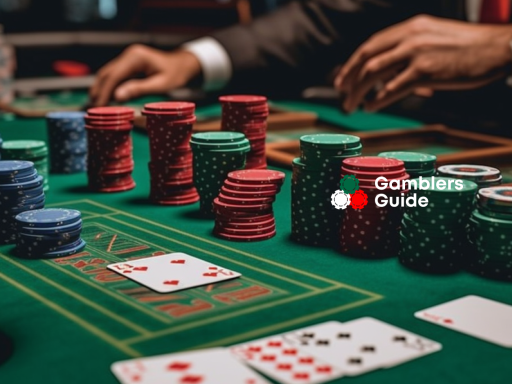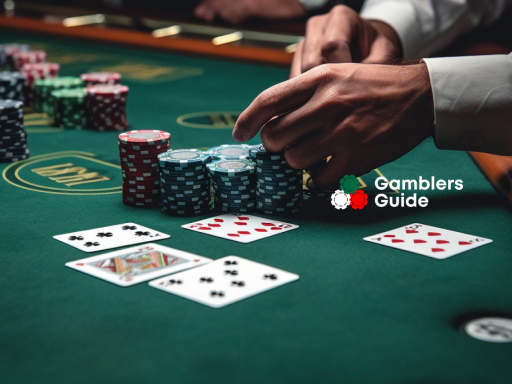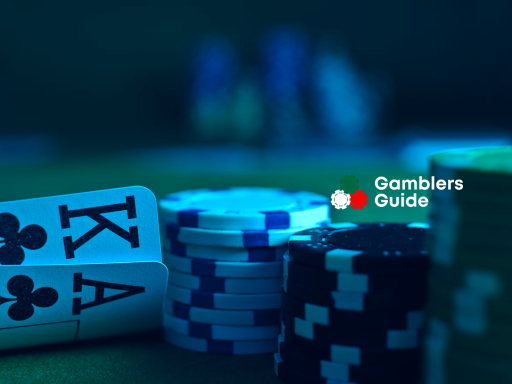Playing blackjack, like any other game, is all about the desire to achieve victory. In most gambling games, such as roulette or slots, players rely entirely on luck, leaving it to chance. However, in card games, especially in blackjack, you have every chance to implement a successful strategy, and your luck is not blind. Much of the gameplay depends on the decisions you make one after another. In blackjack, you can significantly influence the game’s outcome.
Casinos always have a certain advantage over the player at the beginning of the game. Still, by implementing successful strategies, the player can take this advantage upon themselves, increasing their chances of winning.
Understanding the Basics
The game revolves around obtaining a hand as close to 21 as possible without exceeding it. To reach 21, each card has its value, and the player’s cards are summed up. Summing up the required value can be achieved through two options: hit or stand.
- Hit. The player requests an additional card from the dealer. This can be signaled by touching the table or addressing the dealer.
- Stand. The player makes a horizontal hand gesture when playing in a traditional casino or holds their result regarding the sum of cards, concluding their turn without taking additional cards.
When to Hit: Key Considerations
Choosing whether to hit or stand depends on the dealer’s hand. It’s crucial when the dealer has an Ace. In such a game scenario, the player’s main task is to achieve a combination of 17 or higher and maintain it. Meanwhile, the dealer has a significant chance of getting strong cards — 10, King, Queen, and Jack.
A strong hand is essential for you, but having an Ace makes it easier to create a combination equal to 21, achievable through a hit. In general, players try to hit when they have a hand from 10 to 16 and stand when they have 17 or more.
The dealer cannot make a blackjack when they have 7-9 cards. Still, to compete, you need a strong hand, making the above rule quite universal. Stand when you have 17 or higher. Hit when you have 16 or less.
If you see that the dealer has a bad card, like 4, 5, or 6, stop as soon as they get 12 or higher. If the dealer’s combination is good, pull until you reach 17. Regardless of the dealer’s card, stand if you have a card sum from 5 to 8.
Summing Up the Rules
- Evaluate your hand. If your hand is low, i.e., below 12, hitting is generally safe, providing ample chances to improve your hand during the game.
- Consider the dealer’s open card. This aspect is crucial when deciding to hit or stand in blackjack. While the dealer has a card from 2 to 6, they have higher chances of busting than you.
- Have a soft hand. If you have an Ace, allowing it to be counted as 1 when needed, the other cards you have besides the Ace also matter. Consider this when building your strategy and making decisions.
- Hard hands. These are combinations without an Ace or with an Ace strictly counted as 1. In such cases, you can still stand after collecting 17 points or hit to improve your hand if the dealer has a bad card.
- Doubling down. You can double your initial bet after receiving the first two cards. Be cautious about the chances, prospects, and game dynamics. Doubling down rules may vary based on the chosen game type.
- Card splitting. With certain card combinations like 6/6, 9/9, or J/K, you can create two separate hands that play independently. Familiarize yourself with casino rules on splitting.
So, hitting is generally safe for low hands, and standing is suitable for hands from 17 and higher. When evaluating the dealer’s card, consider stopping if the dealer has a bad card (4, 5, or 6) and pulling until you reach 17 if their combination is good. These rules, along with the provided insights, should simplify the understanding of these aspects for your gameplay.
Common Mistakes in Blackjack Strategy
Movies and TV shows have surrounded the game of blackjack with a certain romance, depicting a scenario where card counting, manipulative tools, and memorizing numerous charts are essential. In reality, your success depends much more on whether you can adhere to the strategy you’ve chosen.
- There is a difference between single-deck blackjack and multi-deck games. Learn the nuances of the specific game you choose.
- Avoid using insurance — it actually reduces your winnings, and players sometimes derogatorily refer to it as a “sucker bet.”
- Counting cards in blackjack is not mandatory. It is a complex process that is more likely to distract than help you win.
Trusting Your Instincts and Strategy
No matter how you build your strategy, the fact remains that winning depends not only on the effectiveness of your actions but also on your intuition. Intuitive decisions come with experience, so the more you play, the more successful you become. Don’t rush to play for money right away. Try the game at home, with friends, or within your family circle. You need to feel all the nuances and gain experience, and then your strategy will be much more successful.The most interesting aspect of playing blackjack is that every strategic choice influences the outcome, making it more than just a game of chance. Approach blackjack with a fresh perspective, considering the rules mentioned above and knowing exactly when to hit. This will not only sharpen your senses but also provide genuine satisfaction.

